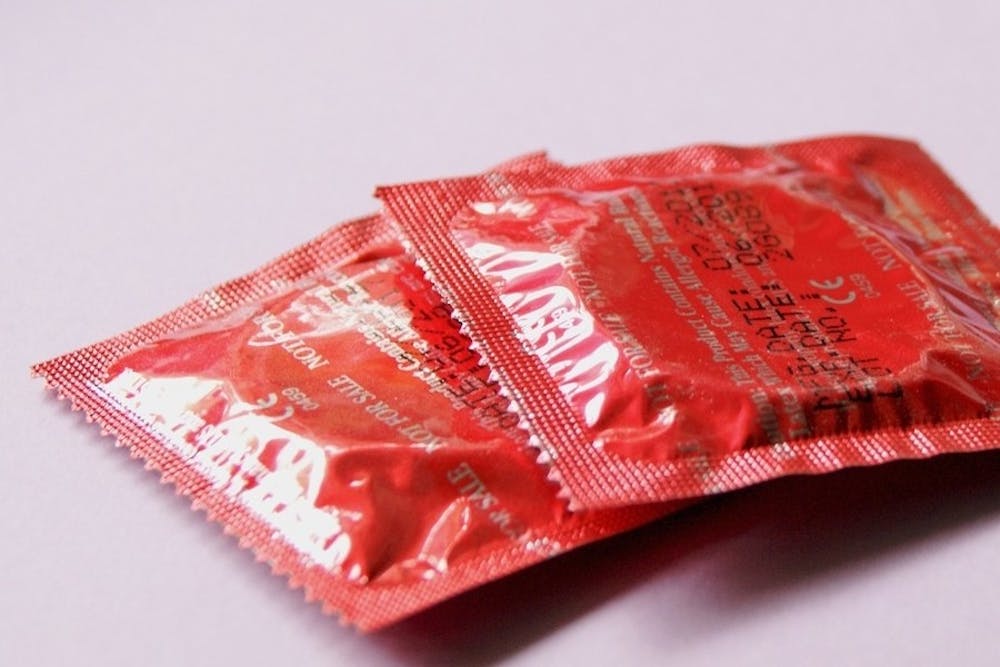Trojan ranks Miami 62 out of 140 universities
By Nina Frano, The Miami Student
"Condoms are no trick, and STDS are no treat," a large bulletin board outside a dorm room reads, featuring a large condom depicted as a ghost. In light of the "spooky" season, it is time to talk about something scary and uncomfortable for many students: sexual health.
Since 2006, the condom brand Trojan, has released a "Sexual Health Report Card" ranking colleges and universities across the country on the measures they take to provide contraception and other sexual health resources on their campuses.
The "report card" pushes universities to fight for slots on the ranking in a positive way while also promoting the Trojan brand. Miami University ranked 62 out of 140 schools on the report, an increase from 70 last year and 83 the year before.
Miami senior and Dennison Hall Resident Assistant Chris Smitherman said the Office of Residence Life had done "a very good job touching on the topic this month."
Smitherman, the man behind the bulletin board, said he wanted to create something that would make his residents laugh a little and create conversation.
However, Miami was not just randomly selected to appear on the ranking. Janae Arno, the Student Wellness Coordinator, filled out an extensive questionnaire where research was sponsored by Trojan and collected by Bert Sperling, Sperling's BestPlaces' lead researcher.
The questionnaire asks for information on topics such as: contraceptive accessibility, HIV and STI testing, sexual assault prevention and professional counseling support available on campus. Arno explained that accurately taking the time to fill out detailed, up-to-date answers on the questionnaire plays a large role in determining Miami's ranking.
Free HIV testing has been the Health Center's biggest accomplishment this year, and perhaps played a big role in the recent rankings. Big changes like this start from the bottom up, Arno said.
"Usually because students have a need, you get a drive behind a certain student organization, and they become the engine to make things happen on campus," Arno said.
Bacchus, the student health and safety initiative organization, brought free testing to campus. Bacchus paired up with the Equitas Health Center in Dayton and gave free testing a pilot run last year, and because it was such a success, Equitas decided to sponsor free testing this year.
Enjoy what you're reading?
Signup for our newsletter
"As an adult engaging in sexual activity, there is a responsibility to be tested, it's bigger than just me or you. We're talking about public health," Arno said.
Yet, why does Miami struggle to join the top ten ranking list? Weak condom accessibility and no free STI testing could be possible answers. While the Student Health Center and Women's Center both provide free condoms, they are only accessible when those offices are open and, for the most part, that does not include weekends.
Arno worked on a survey a couple years ago in which she asked a small pool of 120 Miami students: "If free condoms were offered at certain central locations on campus, would you utilize this service?"
Sixty percent of the population said "yes," and forty-eight percent of students said their ideal location would be in residence halls.




